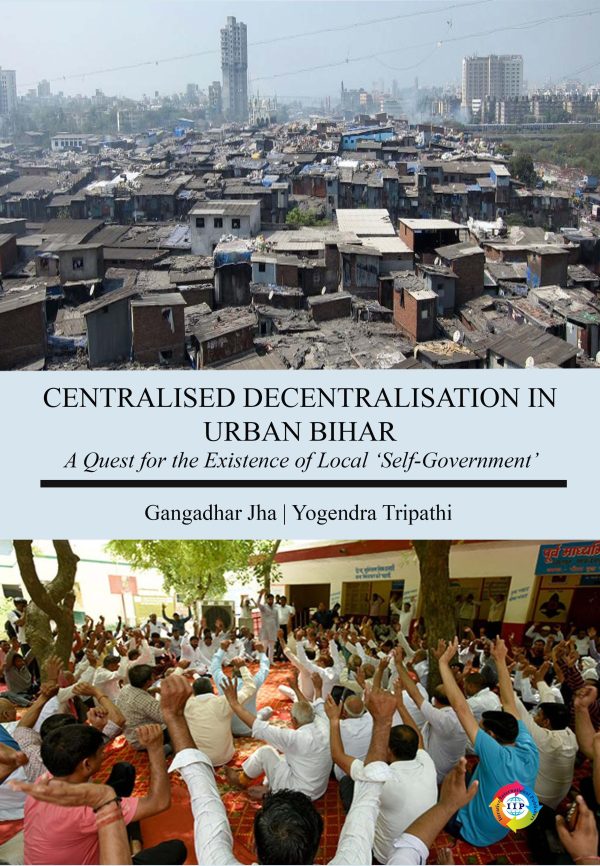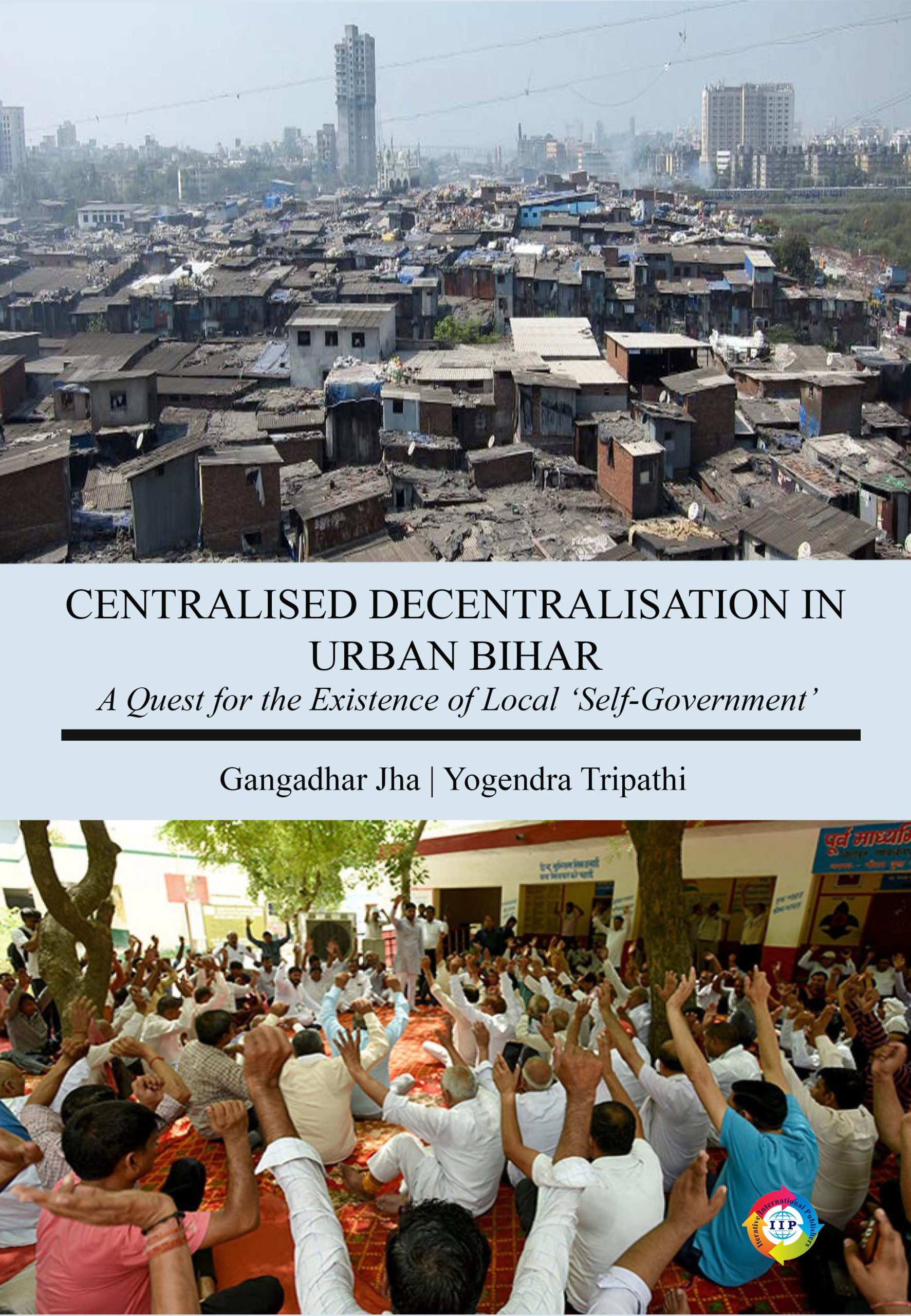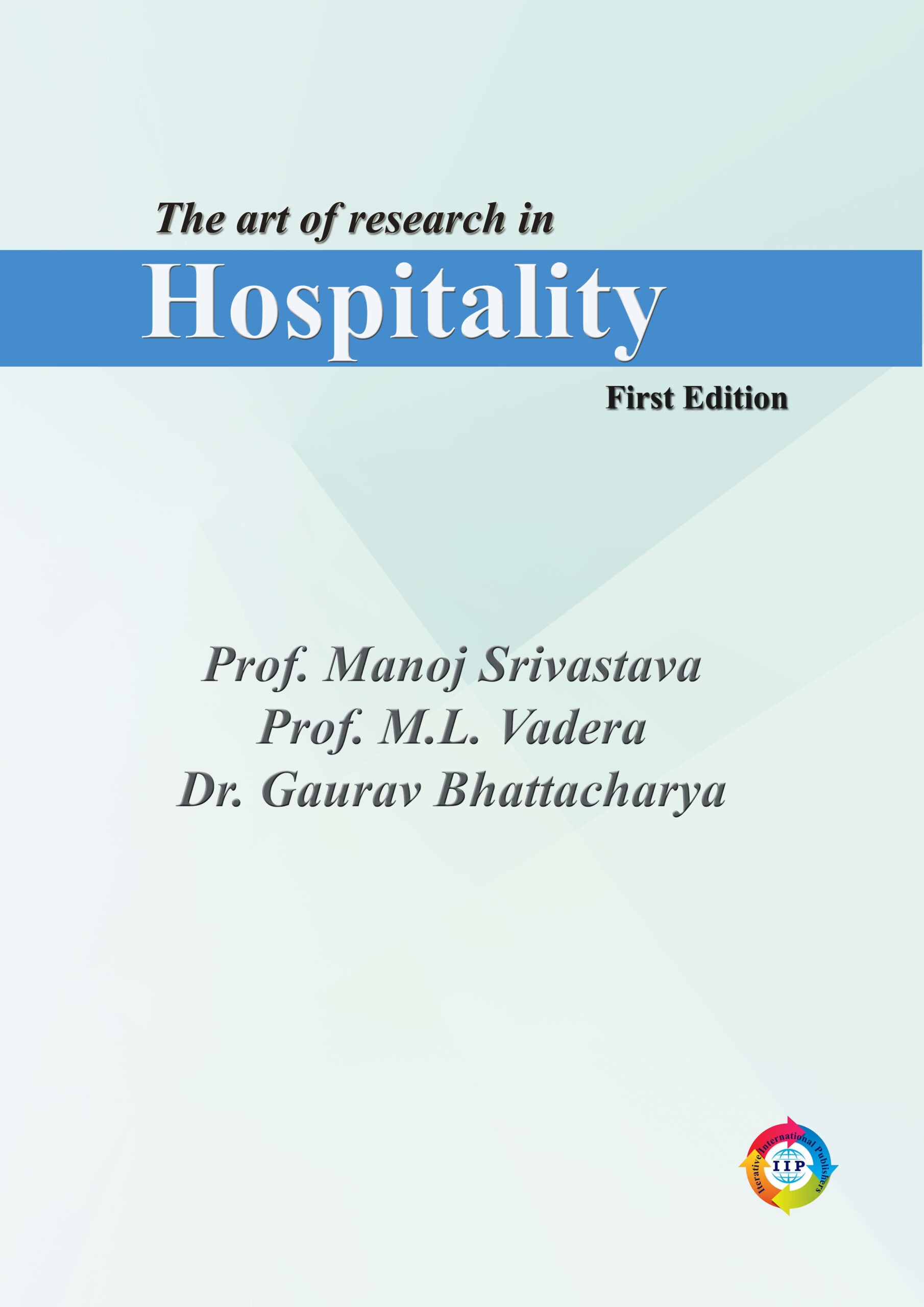Democracy and self-rule are synonymous. Both connote self-governance by the people themselves in a well-defined jurisdiction or territory, and not by aliens. The concept of democracy as a system of governance evolved in as far back as the fifth century before the Christian era in some of the Greek city states notably in Athens where it was used to describe kratos (the rule) of the demos (people). These two Greek words together gave birth to democeatia in Greek that means democracy. Democracy, autonomy, and self-rule are basic ingredients of self-government that later resulted in driving away the colonial governments in America, Europe, Africa, Asia, and elsewhere. Democracy has given rise to the concept of self-governance, and autonomy to the structure created for governance. Renowned political thinkers and philosophers such as Plato, John Locke, Emanuel Kant and others spoused the virtues of self-rule. They believed that it must be protected by practice of democracy, self-rule, and autonomy of the institutions of self-rule. For this to be guaranteed, there needs to exist rationality that ensures adherence to the basic tenets of self-rule and autonomy mentioned above. This assumes a great deal of importance, especially for the local self-governments
Even though India is not a federation in true sense of the term but only a semblance of it, federation of regional governments in the country called ‘states’, delegate some of their own powers to the local self-governments for their creation – in both rural and urban areas. Such benevolence on part of the state governments apart, they also tend to encroach upon the autonomy of local self-governments. In India, local self-governments both rural and urban happen to be the creatures of the state governments. The state governments create them and are supposed to enhance their institutional capacity through strengthening, empowerment, and development of their organisational capacity. Theories of fiscal federalism, decentralisation, as well as principles of local economic development and the European Charter of Local Government which contain significant principle of local self-government, advocate to embrace self-governance as a cogent system of governance and development of local areas. The European Charter of local self-government even directs the member countries to guarantee political, administrative, and financial independence to the local authorities. It stipulates and guarantees citizens’ right to participate in managing public affairs and to enjoy autonomy and self-government. Through these core principles, the European Charter seeks to ensure compatibility of diverse structures of local communities in the Council of Europe member states. The basic spirit of the Charter is to ensure and guarantee (i) the cities and regions as vanguards of local democracy, (ii) enshrining the right of the communities by embedding it in domestic law and if possible, in the Constitution itself, and (iii) guarantying independence of the local self-government elected representatives. These stipulations reflect the innate democratic values that give rise to the institutions of local self-government, protect and nourishes them. South Africa has made local government one of the three tiers of government. The Constitution of South Africa directs that the three tiers of government – national, provincial, and local are distinctive, interdependent, and interrelated in their respective spheres. It enshrines yet another principle that all spheres of government and all organs of state within each sphere must respect constitutional status, institutions, powers and functions in another sphere. It thus guarantees local autonomy that does not have to be meddled with by the provincial governments. Nigeria as well gives constitutional status to its local self-governments.
The Indian Constitution does provide to the local self-governments blessings for long life but it does not explicitly guarantee their autonomy. This could be because of Constitution’s strong anticipation that since local government is a creature of State Governments, the states would develop healthy convention of not only fending for urban local self-governments (USGs) but also for their stewardship. There are examples for it, of course a few and far between. The states of Kerala, Karnataka, West Bengal, Rajasthan have developed relatively stronger urban local self-government institutions – the State of Kerala perhaps topping the list. The State of Bihar seems to be located at the other end of the line of continuum of strengthening, empowerment, and local autonomy. The state of Bihar presents a lone example where it has gradually moved towards the trends of centralisation which has not only adversely affected local democracy, autonomy and self-governance but also pushed the institutions of urban local-self-governments on the verge of becoming a line agency of the State Government’s Urban Development and Housing Department (UDHD). Elaborate and even perverse direction and control by the State Government’s Urban Development and Housing Department and its sustained engagement with USGs hardly gives the respite to this Department for strategic thinking to manage urbanisation and channelise it for promoting economic growth. Absence of full-fledged Directorate of Municipal Administration which is supposed to look after housekeeping functions of urban local self-governments has thrown additional administrative and supervision responsibilities to the UDHD that hinders its principal functions of acting as a think tank for developing urban and municipal affairs strategic policies, over viewing of policy implementation, monitoring, feedback and policies and project formulation for the state-wide urban infrastructure. Pervasive control system of the UDHD notwithstanding, the USGs are infested with unethical and corrupt practices. Local political leaders lost any rudiment of motivation due to centralisation trends; whatever motivation was left with them is confined to looking for an opportunity to get an under-the-table share in the contractual and development works. USGs in Bihar badly need to be reinvented by discarding the existing Bihar Municipal Act, 2007 which has outlived its utility due to about one hundred amendments in it.
The present volume is a quest to find out if the urban local ‘self-government’ really exists in Bihar and comprehend the impact, if any, of the big bang decentralisation that the Constitution of India tried to introduce in 1992. It also analyses the process of decline and how did it begin over the years despite a strong wave of decentralisation that swept even the centralised nations in Central Asia and Eastern Europe. We ostensibly hope that this volume will be useful for the academics, practitioners of USGs and, also the students of public administration and governance. Even though this volume is specific to a particular state, it throws light on (i) how not to impair the time-tested efficacy and the role of local self-government, and (ii) why not to tarnish a highly communitarian government located near the local communities. For, such a metamorphosis from a vibrant, democratic, and autonomous system of governance to stagnation, fragile fiscal health, decline, pervasive bureaucratic control, and susceptibility to corrupt practices provide useful insights into how and why not to destroy the institutions of ‘self-government’.
The present volume is the result of inspiration of several friends and colleagues who proved to be sources of strength in its completion. First and foremost is my friend and erstwhile colleague Mr. Sunil Koul who worked with one of the authors of this volume in several bi-laterally and multi-laterally supported projects. Mr. Koul himself being a municipal engineer, not only inspired us for creative writing but also gave useful suggestions on some of the aspects of urban local self-governance and how best to preserve it. Prof. Ravindra Prasad, a former head of the Department of Public Administration, Osmania University, the former Director, Regional Centre for Urban and Environmental Studies, Hyderabad, and above all, a storehouse of vast knowledge both academic and empirical, on public administration and governance, was a constant source of encouragement and motivation. He as well offered several useful insights into the main theme of this volume. Dr. Ms. Payel Sen, Jain University, Bangalore not only gave useful suggestions but also occasionally kept enquiring about the status and progress in writing of this volume. She has been a perennial source of inspiration and encouragement for creative writing. In addition, there are several other friends and colleagues who have been constant source of encouragement. The qualitative suggestions received from them notwithstanding, we alone are responsible for shortcomings and any gap in this present volume.
Lastly, we are immensely grateful to Iterative International Publisher (IIP) for publication of this volume in a short time. We are especially thankful to Shri Jagdeesh, Manager, India office of IIP for his keen interest in formatting of this book and taking a series of follow up action for publication of the manuscript.










Reviews
There are no reviews yet.